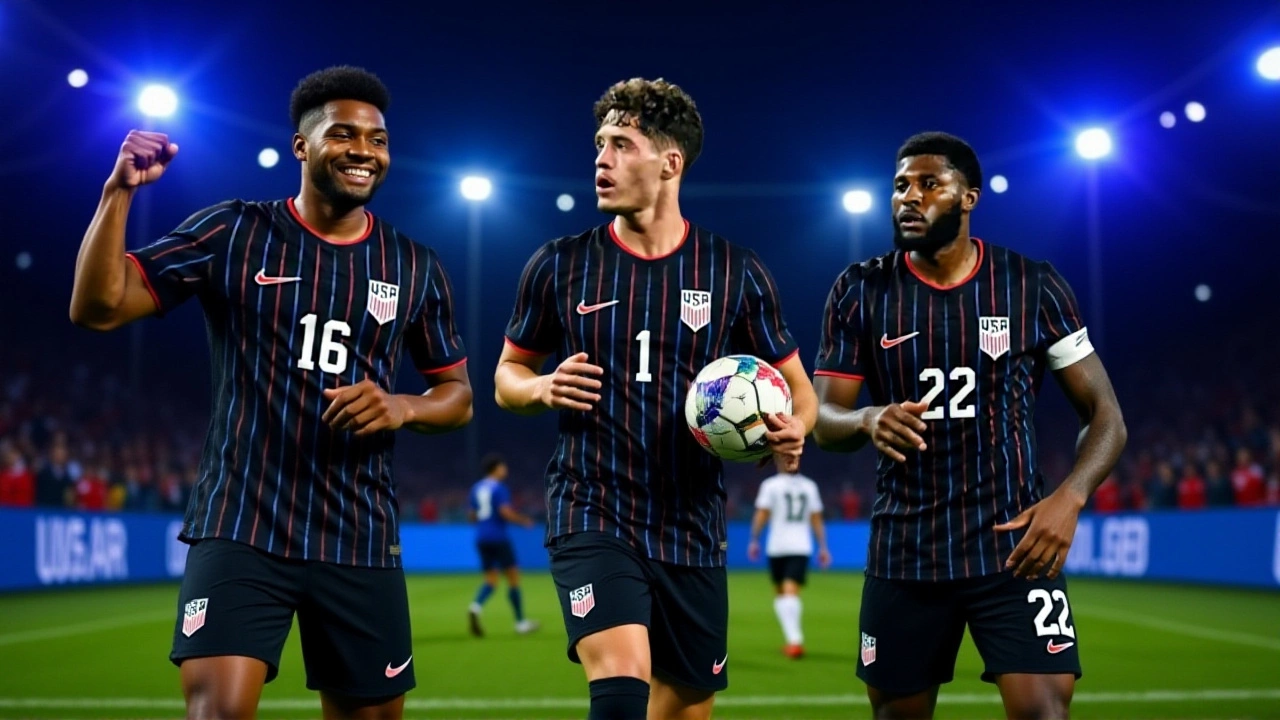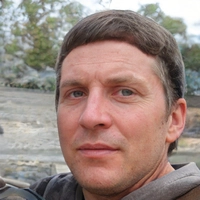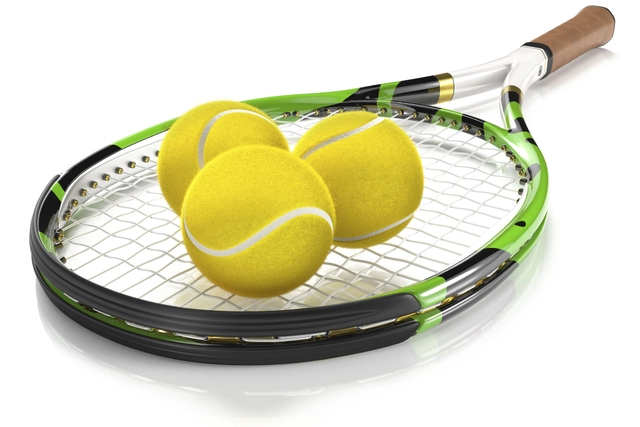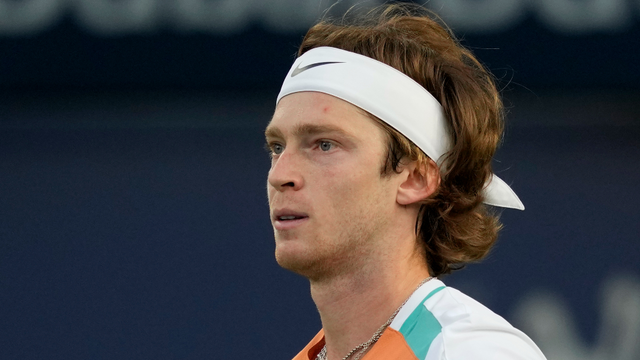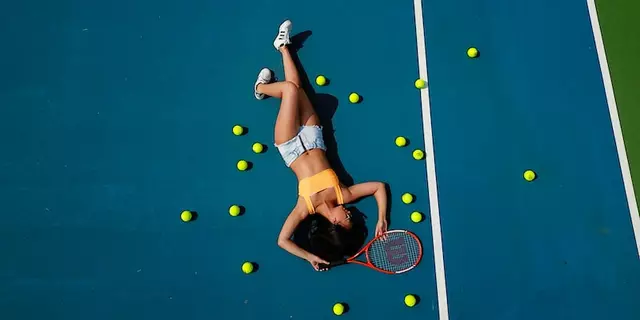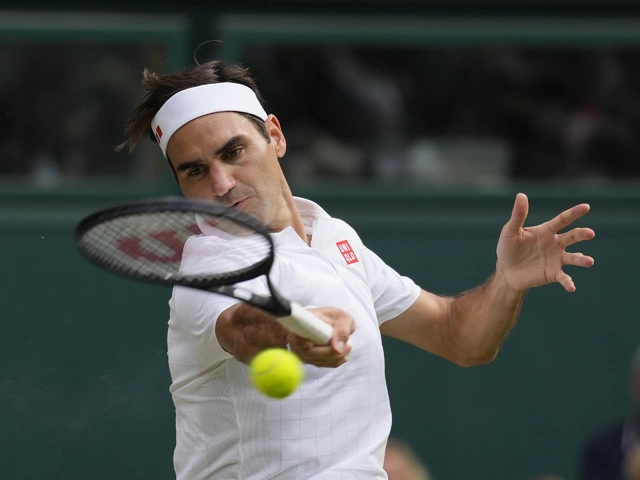On November 19, 2025, in a rain-slicked National Stadium in Kingston, Jamaica, a tiny Caribbean island nation with a population of just 160,000 did the impossible: Curaçao qualified for the FIFA World Cup 2026North America for the very first time. A 1-0 victory over Jamaica, sealed by a late, clinical goal from Hansen, sent the small but fiercely loyal Curaçao contingent into delirium — and sent shockwaves through global football. The final whistle didn’t just end a match; it erased decades of near-misses, colonial legacies, and underdog status. World Cup dreams, once reserved for giants, now belong to the blue wave.
A Nation Built on Hope, Not Size
Curaçao isn’t just small — it’s statistically improbable as a World Cup contender. Until 2010, it competed as part of the Netherlands Antilles, a former colonial entity dissolved by the Dutch government. Since then, the island has fought to build a national identity through football, often playing in front of half-empty stadiums and relying on diaspora players from the Netherlands and the U.S. But on this night, in a hostile environment where Jamaica’s 30,000 fans roared like a storm, Curaçao stood tall. Their players didn’t have the star power of Reggae Boyz striker Shamar Nicholson, nor the pedigree of veteran goalkeeper Andre Blake. What they had was grit, discipline, and a belief forged in the humid streets of Willemstad.The Match That Changed Everything
The first half was a tense, cagey affair. Jamaica dominated possession, but their finishing was off. Blake, usually a rock, spilled a routine cross in the 28th minute — a rare error that had commentators murmuring, "Crow a little bit worried... the ball was bobbling." Curaçao’s defense, led by Russell and Abyspo, held firm. At halftime, the scoreboard read 0-0. The broadcast’s voice, echoing through the stadium’s PA, said it best: "Dreams come true tonight." The second half turned brutal. Nicholson, Jamaica’s most dangerous attacker, struck the crossbar with a curling shot in the 57th minute — the first of three goalposts hits in the match. A Curaçao free kick rattled the upright. Another Jamaican effort clanged off the post. The ball seemed cursed to avoid the net. But then, in the 78th minute, the moment arrived. A quick counterattack, a threaded pass from midfield, and Hansen slipped behind the defense, calmly slotting the ball past Blake. "Chance buried," the commentator gasped. "Kurasau have done it. A blue wave is heading to the World Cup." The goal wasn’t flashy. It wasn’t a volley or a bicycle kick. It was pure football intelligence — timing, space, and composure. The stadium fell silent. Then, Curaçao’s bench erupted. Players collapsed to their knees. Fans in the away section, many wearing handmade blue shirts, screamed until their voices cracked.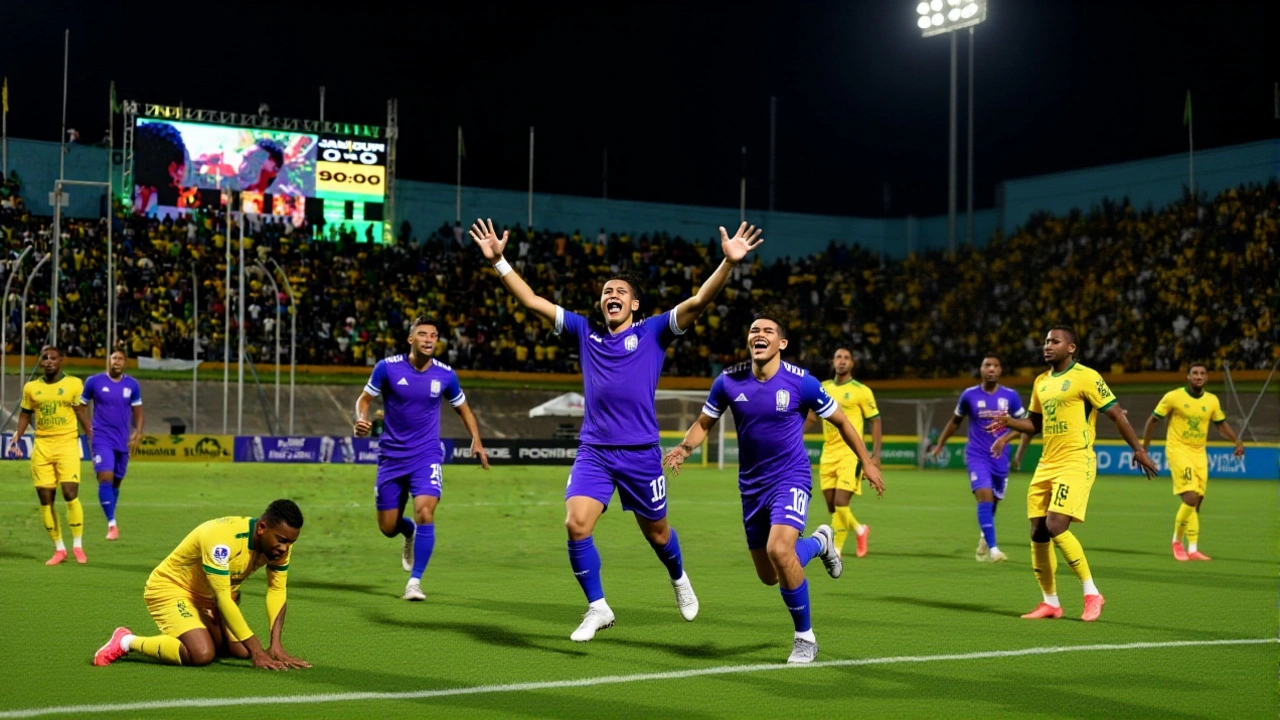
Why This Matters Beyond the Scoreline
This isn’t just about Curaçao. It’s about what football can do when it breaks the mold. For decades, Concacaf qualifiers were dominated by the U.S., Mexico, and Costa Rica. Even Jamaica, a regional powerhouse, had never made the World Cup since 2015. Now, Curaçao — a nation without a professional league, without a top-tier academy system, without FIFA funding — has cracked the code. The Confederation of North, Central America and Caribbean Association Football (Concacaf) released footage of the match on YouTube, with over 2.3 million views in 48 hours. Social media lit up with hashtags: #BlueWaveRises, #CuraçaoWorldCup, #Kurasau. The win isn’t just a sporting triumph — it’s a cultural reset. Children across the islands are now dreaming of wearing the blue jersey, not just watching it on TV.What Comes Next?
Curaçao will join the 48-team FIFA World Cup 2026North America as one of its smallest participants. Their group stage opponents aren’t yet known, but they’ll face giants: Brazil, Spain, Argentina, maybe even the U.S. They won’t be favorites. But they won’t be underdogs anymore. They’re pioneers. The FIFA will likely grant them additional development funds, and Dutch football academies are already in talks to partner with Curaçao’s federation. Players based in the Eredivisie, like those at FC Utrecht and Feyenoord, are expected to join the squad. This isn’t a fluke. It’s a blueprint.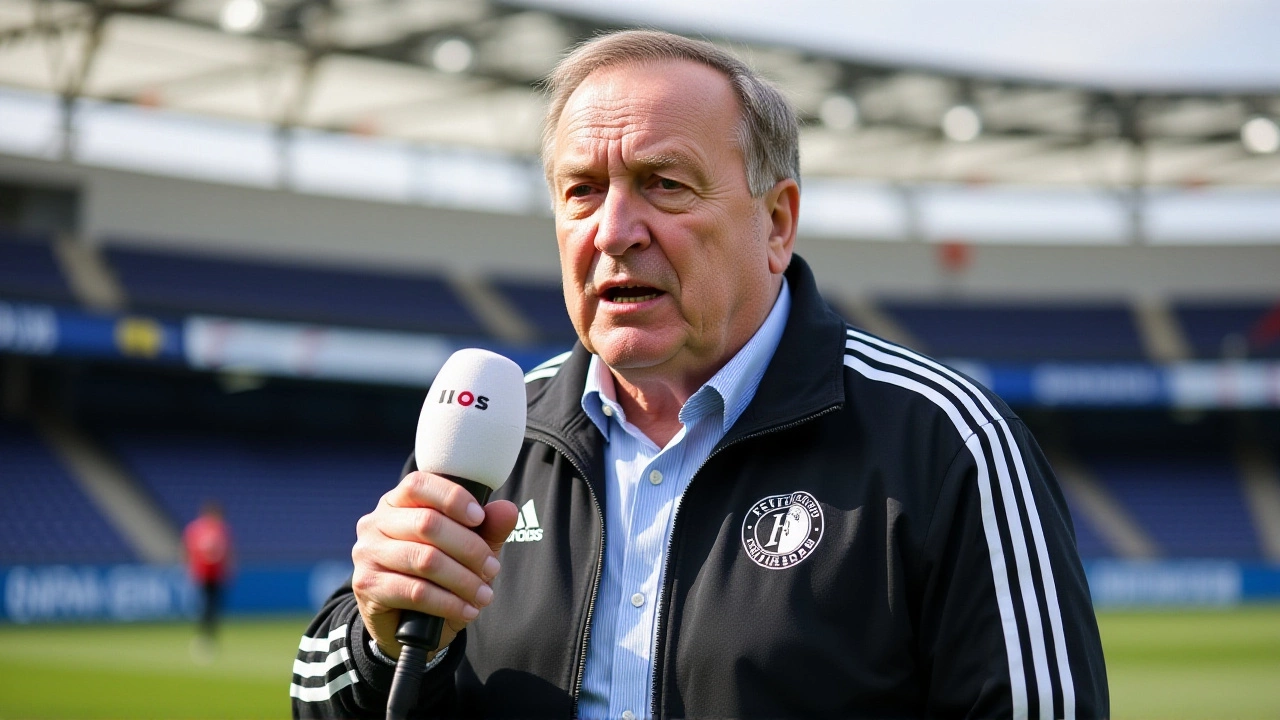
Behind the Scenes: The People Who Made It Happen
Behind the scenes, the journey took years. Coach Jens Schreiber, a German-born tactician who moved to Curaçao in 2018, implemented a system focused on pressing and transition play. He didn’t recruit stars — he built cohesion. The team trained in the morning heat, used local schools for facilities, and played friendlies against Dutch amateur clubs to simulate pressure. "We didn’t have money," Schreiber told reporters after the match. "But we had heart. And heart doesn’t need a budget." The win also reignites conversations about representation in global football. Curaçao’s squad includes players of African, Dutch, and Indigenous descent — a mirror of the island’s multicultural soul. In a sport often criticized for homogeneity, this team is a living example of diversity as strength.Frequently Asked Questions
How did Curaçao qualify for the World Cup without a professional league?
Curaçao doesn’t have a top-flight domestic league, but its players are scattered across European and North American lower divisions — from the Dutch Tweede Divisie to the USL Championship. The national team relies on diaspora talent, with 12 of its 23 World Cup qualifiers playing professionally outside the island. Their federation focuses on tactical discipline and youth development through partnerships with Dutch clubs, not financial muscle.
What’s the significance of calling Curaçao "the blue wave"?
"The blue wave" refers to both Curaçao’s national team colors and the surge of unity and momentum they built during the qualifiers. It’s a poetic term used by broadcasters to capture the emotional tide of the team’s rise — from obscurity to World Cup qualification. The phrase became a rallying cry among fans, symbolizing not just a team, but a movement of pride for a small nation that refused to be forgotten.
Why is this win bigger than Jamaica’s loss?
Jamaica has qualified for three World Cups before (1998, 2014, 2022). For them, this was a missed opportunity. For Curaçao, it was a generational breakthrough. Jamaica’s failure was a setback. Curaçao’s win was a revolution. It’s the difference between a team falling short and a nation finally arriving on the world stage after 15 years of rebuilding.
Will Curaçao’s players get paid for the World Cup?
Yes. FIFA guarantees each participating team $1.5 million in preparation funds, plus $9 million if they win a group stage match. Curaçao’s federation plans to use these funds to build a national training center, pay player stipends, and launch a youth academy — turning this moment into lasting infrastructure, not just celebration.
What’s the history of Curaçao in international football?
Before 2011, Curaçao competed as the Netherlands Antilles, which last qualified for a World Cup in 1977 (U-20). Since becoming a FIFA member in 2011, they’ve never won a qualifying campaign — until now. Their best previous finish was third in the 2021 Concacaf Gold Cup. This win is their first-ever senior World Cup qualification, making it the most significant achievement in the nation’s sporting history.
Can Curaçao realistically compete against top teams in 2026?
They won’t be expected to win the tournament — but they can win a game. Their compact, high-pressing style is perfect for upsets. In 2022, Senegal beat France in the opener. In 2018, Iceland beat Argentina. Curaçao’s defense, led by Russell and Abyspo, is organized and disciplined. If they draw a favorable group, they could surprise everyone. Football isn’t about size — it’s about heart, and they’ve got more than most.
